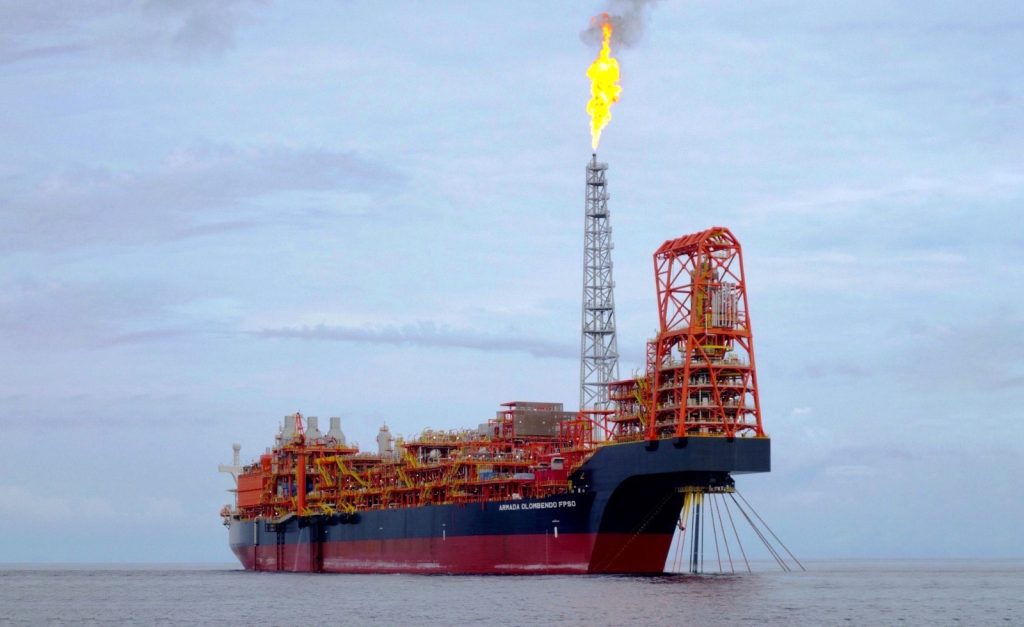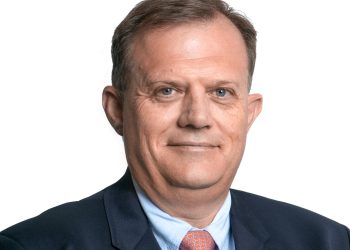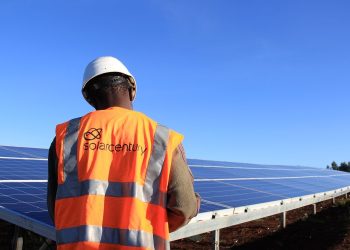
Shell Namibia Country Chair and Namibia Petroleum Operators Association (NAMPOA) Chairperson, Eduardo Rodriguez, says Namibia’s offshore oil discoveries could increase the country’s gross domestic product (GDP) by up to 25% if four Floating Production, Storage and Offloading (FPSO) vessels come online.
He said projections under the National Development Plan Six (NDP6) show that even a single FPSO could raise GDP by about 7%, while achieving the full target of 150 million barrels of oil equivalent per year by 2030 would mark a major shift for the economy.
“These are transformative figures that could change Namibia’s economic structure. One FPSO alone can significantly impact GDP, but four could make Namibia one of the major oil producers in the region,” said Rodriguez.
The oil and gas industry is aiming for a production capacity of 150 million barrels of oil equivalent per year by 2030, equivalent to around 400,000 barrels per day.
To reach this level, the country would require three to four offshore projects, each representing an investment of between US$10 billion and US$15 billion.
Rodriguez said that while these targets are ambitious, the sector’s growth momentum and investor confidence make them achievable if the government and industry continue to collaborate effectively.
“Oil and gas have been identified as critical economic enablers. The potential contribution to employment and national income is substantial, even if most jobs will come from indirect and induced activities,” he said.
He stressed the need to maintain a competitive and predictable regulatory framework, including contract stability and alignment with international arbitration standards.
“When investors commit billions of dollars upfront, they need assurance that the agreed terms will remain stable throughout the life of the project,” Rodriguez said.
He added that local participation and infrastructure readiness will determine how much of the value generated from oil production remains in Namibia.
“If we manage this phase wisely, Namibia could experience a once-in-a-generation economic transformation led by the energy sector,” he said.
TotalEnergies is leading much of the current activity, having unveiled an ambitious project to develop the Venus oil field, located in ultra-deep water at a depth of around 3,000 metres. The Venus field will use a next-generation FPSO capable of processing up to 160,000 barrels of oil per day, with capacity for significant associated gas volumes and advanced subsea engineering to handle complex conditions..
Meanwhile, Galp is advancing plans for the development of its Mopane discovery, which may require two FPSOs to reach peak production.







